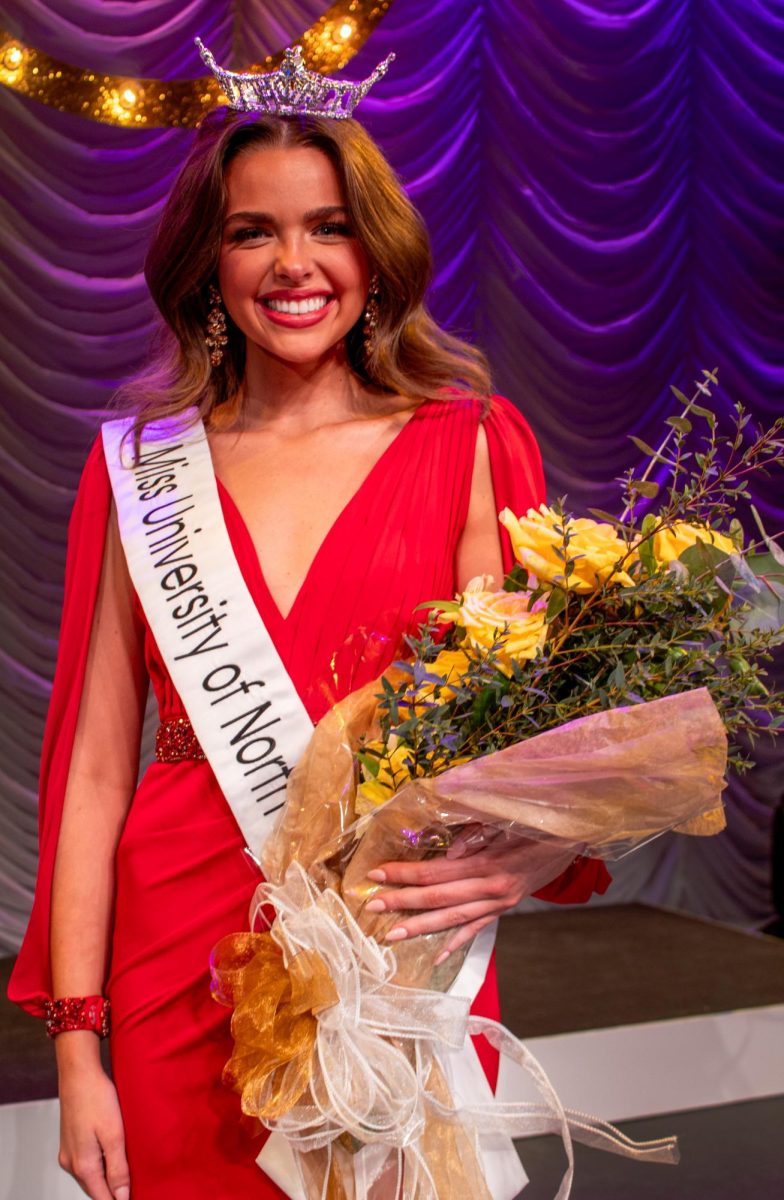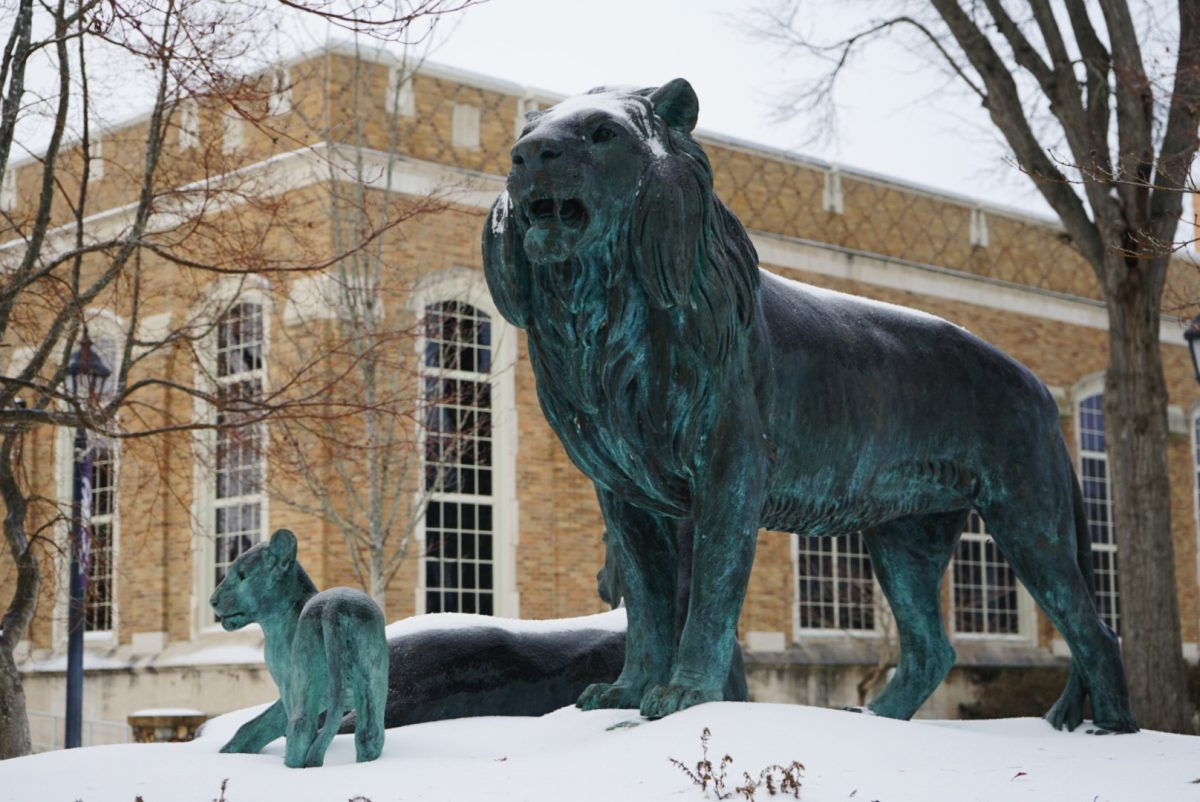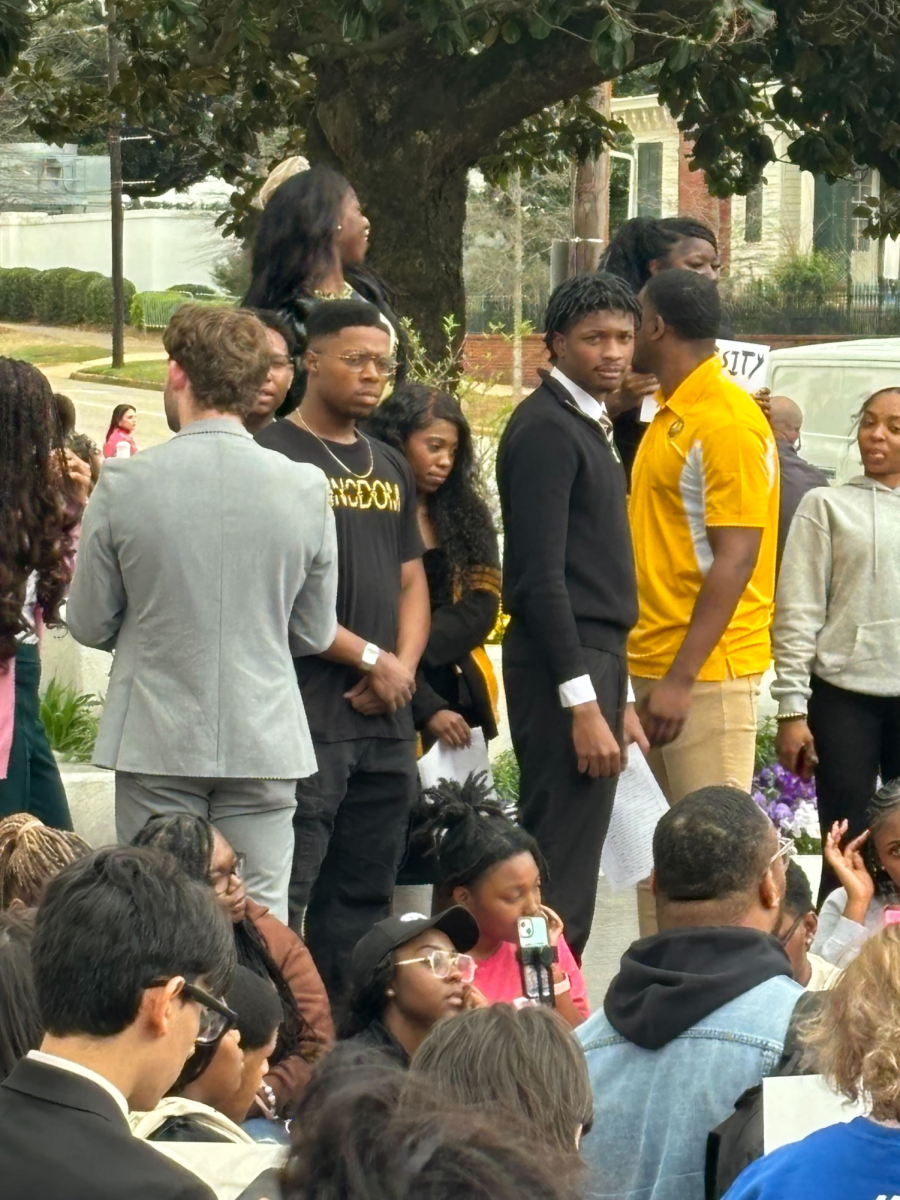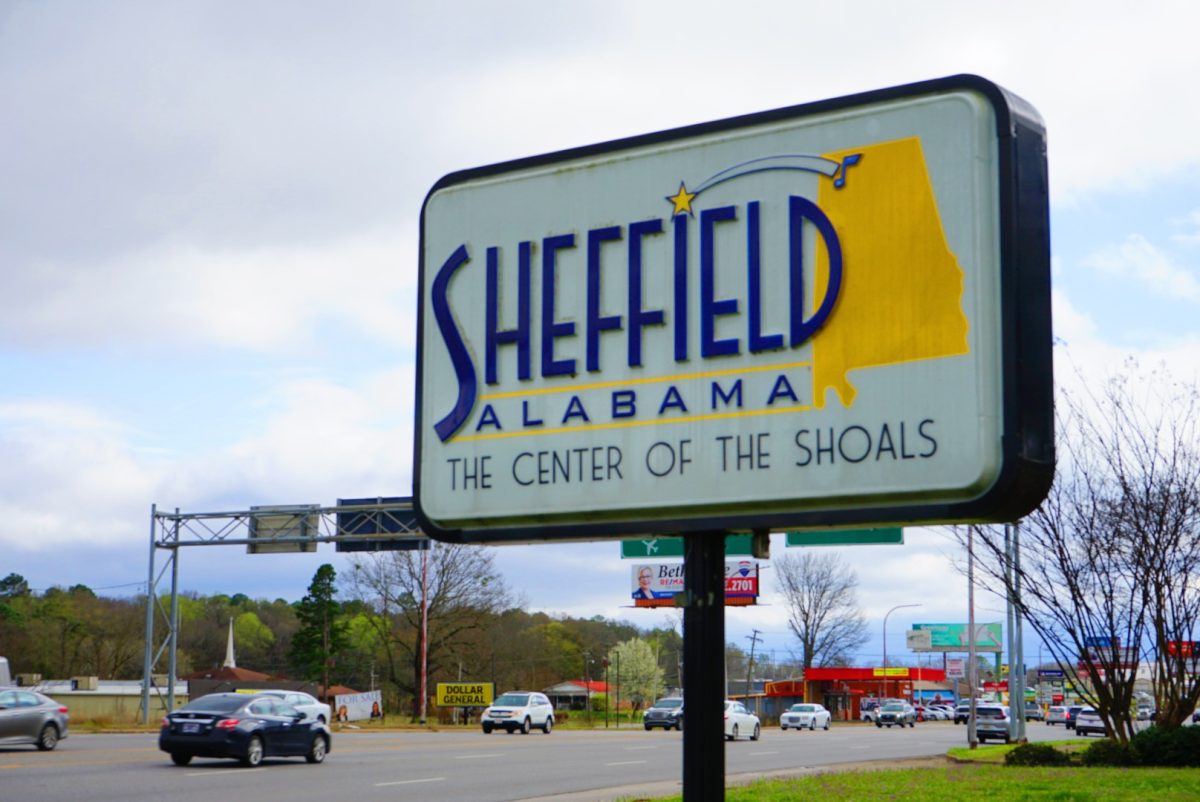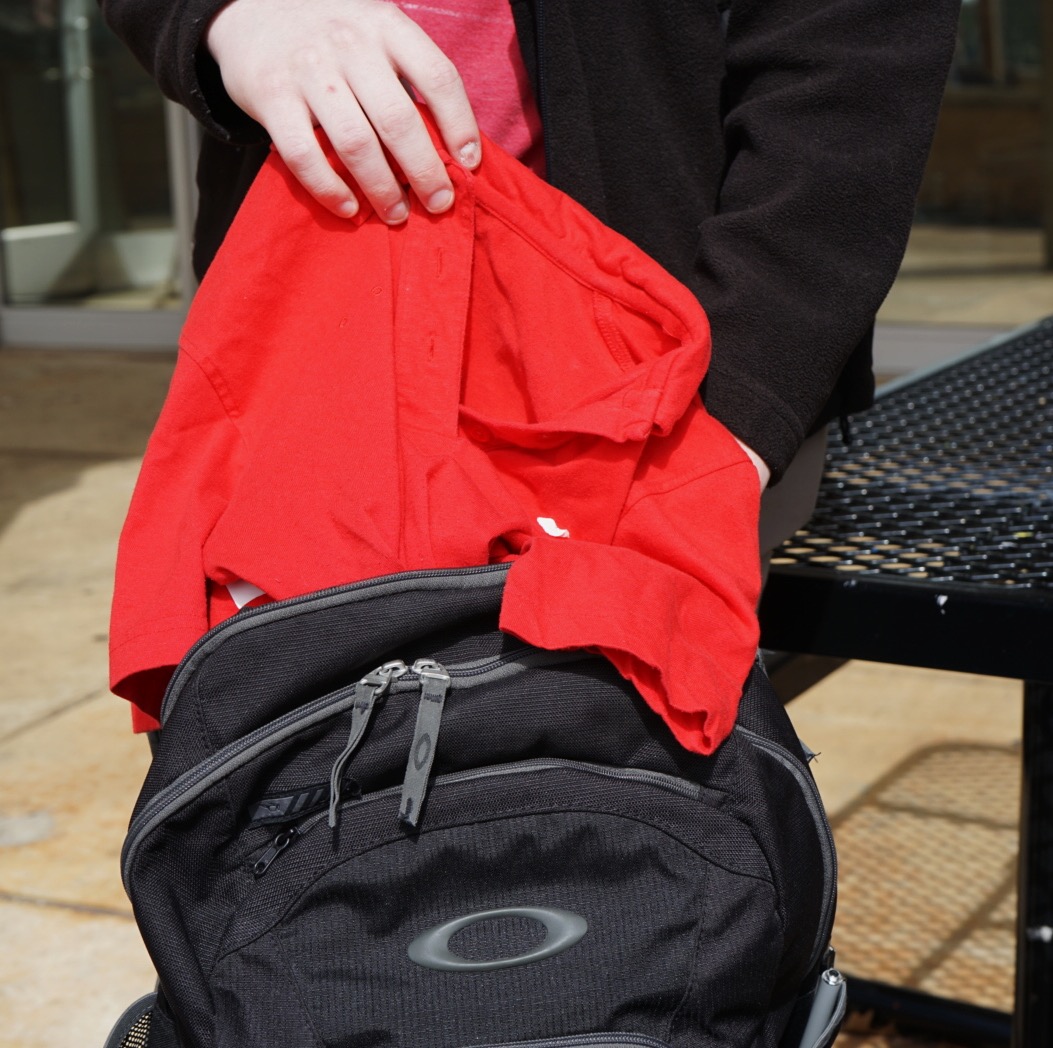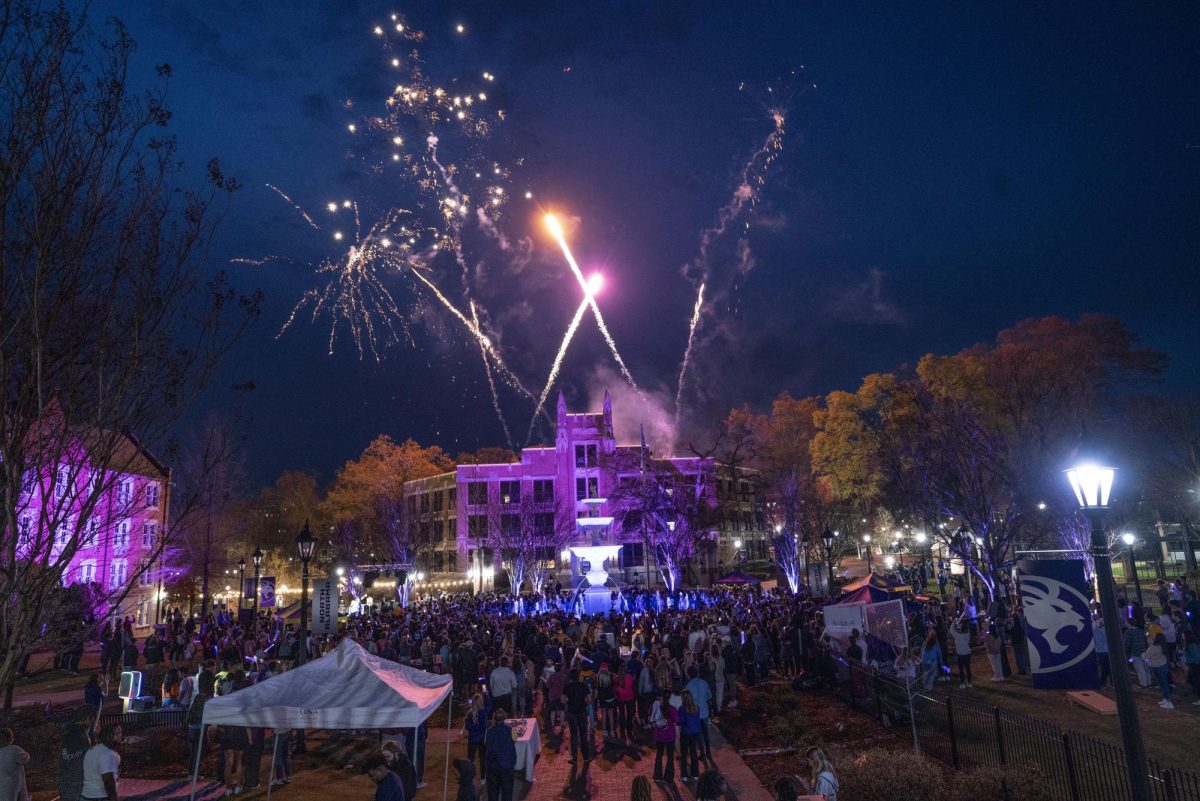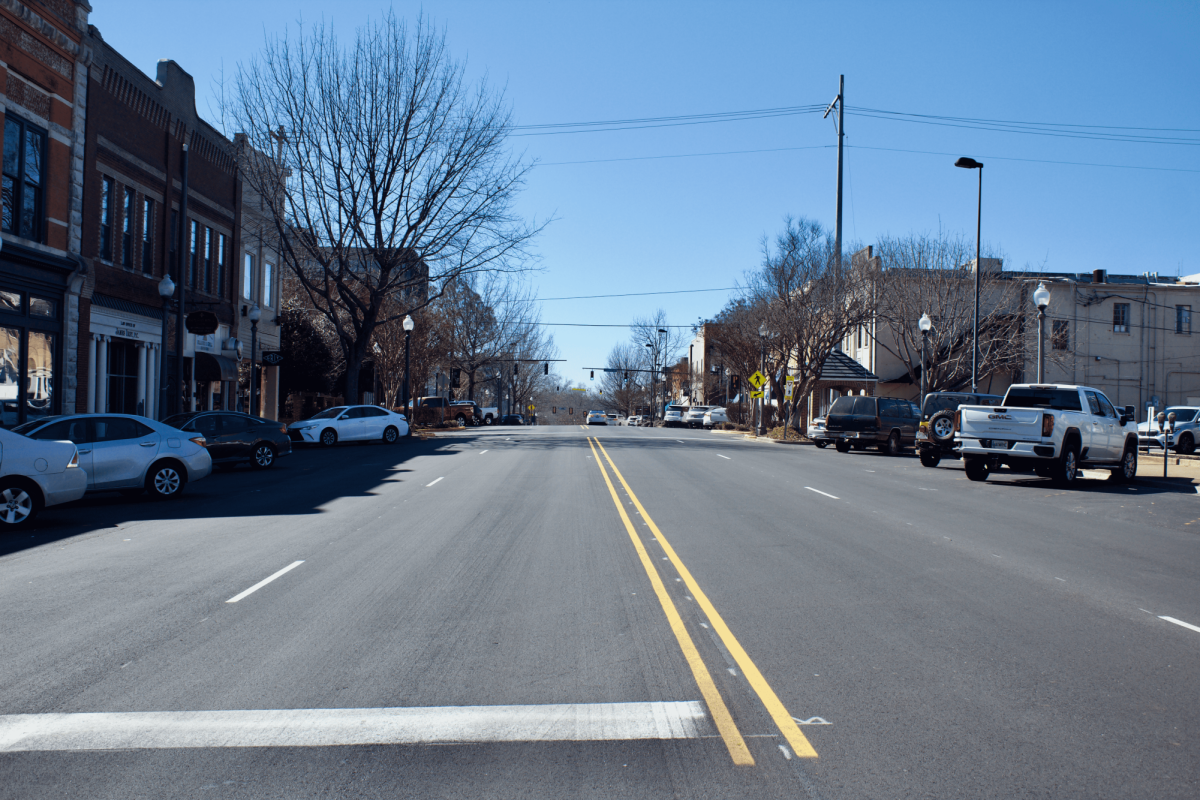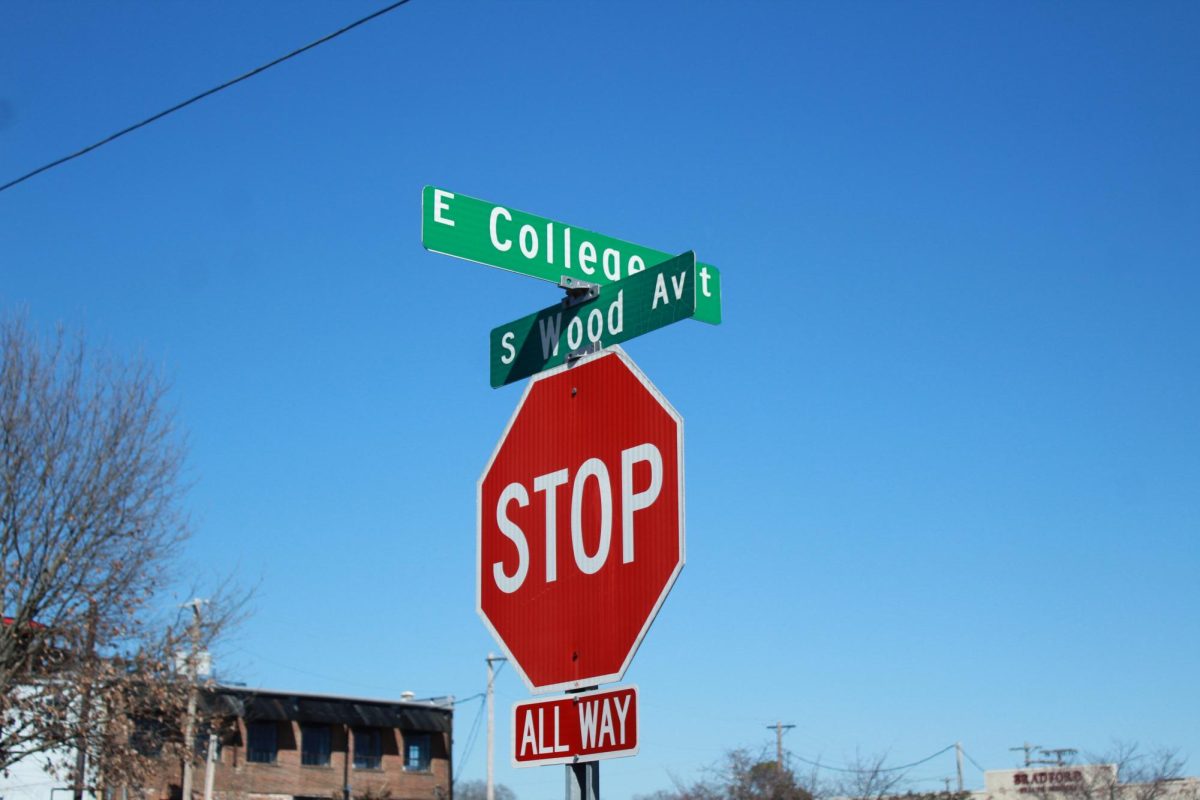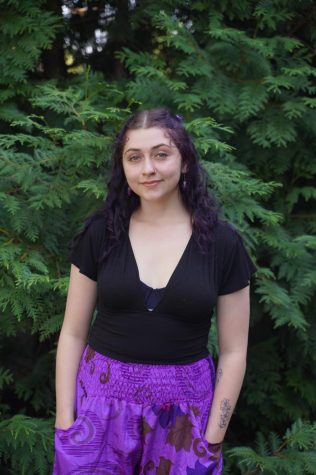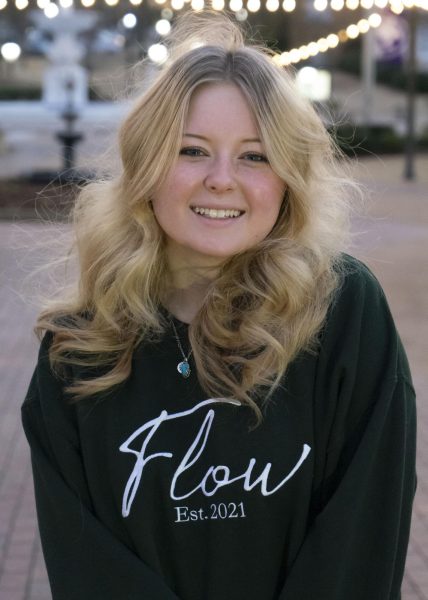Growing up white and attending predominantly white schools, there is a very specific manner of self-consciousness one never experiences – insecurity which stems from ethnocentric impositions. As part of research carried out by Germine H. Awad, Andrea Holman, Carolette Norwood, Desiree S. Taylor, Mercedes Martinez, Shannon McClain, Bianca Jones and Collette Chapman-Hilliard, published by the Journal of Black Psychology in 2014, it is said that “Body image and beauty among African American women can only be truly understood within a framework of interlocking systems of “isms” – (e.g., racism, sexism, classism, heterosexism).” Still, because they are not tangible or quantifiable manifestations of racism, Eurocentric beauty standards are pervasive in Western culture.
The act of styling natural African American Hair requires precision and attention to detail. All in all, there are four textures Black hair tends to take on: in order of increasing curl definition, 3b to 3c, 4a, 4b and 4c.
Makeup and cosmetics rarely cater to Black women’s needs, and those that do are generally hard to come by in mainstream stores. The disparity between white and Black beauty products and its emotional impact on Black women has been looked into by a number of scholars whose work can be found in the National Library of Medicine’s database. In order to so much as begin to understand the societal scrutiny Black women in the United States face as it relates to their hair, one must take into account the systemic yet subtle racism that until recently, society rarely acknowledged.
Common in the American South are areas referred to in a New Hampshire Public Radio story as “Black salon deserts,” or small towns lacking in Black salons, where Black women have to drive upwards of an hour to receive care for braids, cornrows and wigs. University of North Alabama students in Florence may have an abundance of inclusive, high-quality hair salons at their behest, but for the most part, these beauty parlors specialize in cutting, dying and styling typically white hair textures. Students with ultra-curly or kinky hair must frequently leave Florence in order to have their hair favorably set. On-campus residents who fall into this category often wait until visiting their hometowns to change their hairstyles.
The U.S. is rife with Black salon deserts, partly because mainstream cosmetology licensing programs neglect to touch on the responsibilities that come with caring for natural African American hair. What is more, beauticians licensed to do so encounter obstacles like high studio rental costs and a scarcity of necessities like coiffing supplies and curl creams.
Beauty shops, especially in sparsely populated areas, sometimes charge unreasonably high prices when working with type-4 curls, disregarding the fact that they are unfairly discriminating.
In 2014, for since-closed online publication gal-dem, Jamelia Donaldson wrote that “there isn’t anything ‘wrong’ or different about Black hair and Black beauty. It’s just that [Black women] haven’t been taught to embrace, nurture and appreciate it.” Donaldson is the founder and Chief Executive Officer of TreasureTress, a line of hair products with the goal of enhancing the texture of natural African American hair.
American culture is finally taking concrete steps to move away from the institutional racism that dominated the country in the 20th century. Recently, journalists at magazines Teen Vogue and Allure have been discussing the practice of redlining, a Depression-era process through which the newly-created Federal Housing Administration (FHA) was able to deny African Americans insurance based on their neighborhoods’ status as financially risky real estate. A National Public Radio report from 2017 reveals a past statement made by the FHA, the government entity saying that “incompatible racial groups should not be permitted to live in the same communities.” Nationwide property ownership in the U.S. is affected to this day by antiquated sentiments of this sort.
Fortunately, due to online shopping, Black women in areas with relatively small populations have access to hair care products that, beyond functioning properly, empower them to style their hair with confidence, wearing it their way with ease. Moreover, the efforts of independent Black cosmetic artists and their easy access to online sales platforms is gradually meeting the need for intricate braids and tailor-made wigs and extensions in Florence. Malik Tyrez, for instance, is a UNA alumnus who provides and styles wigs that are both seamlessly gorgeous and long-lasting. Tyrez offers many wigs from critically lauded suppliers UNice Hair, Cynosure Hair and Bangjazz hair, all at reasonable prices considering quality and customer service. Examples of the artist’s work can be found on Instagram and TikTok.Florence locals face dearth of Black hair care


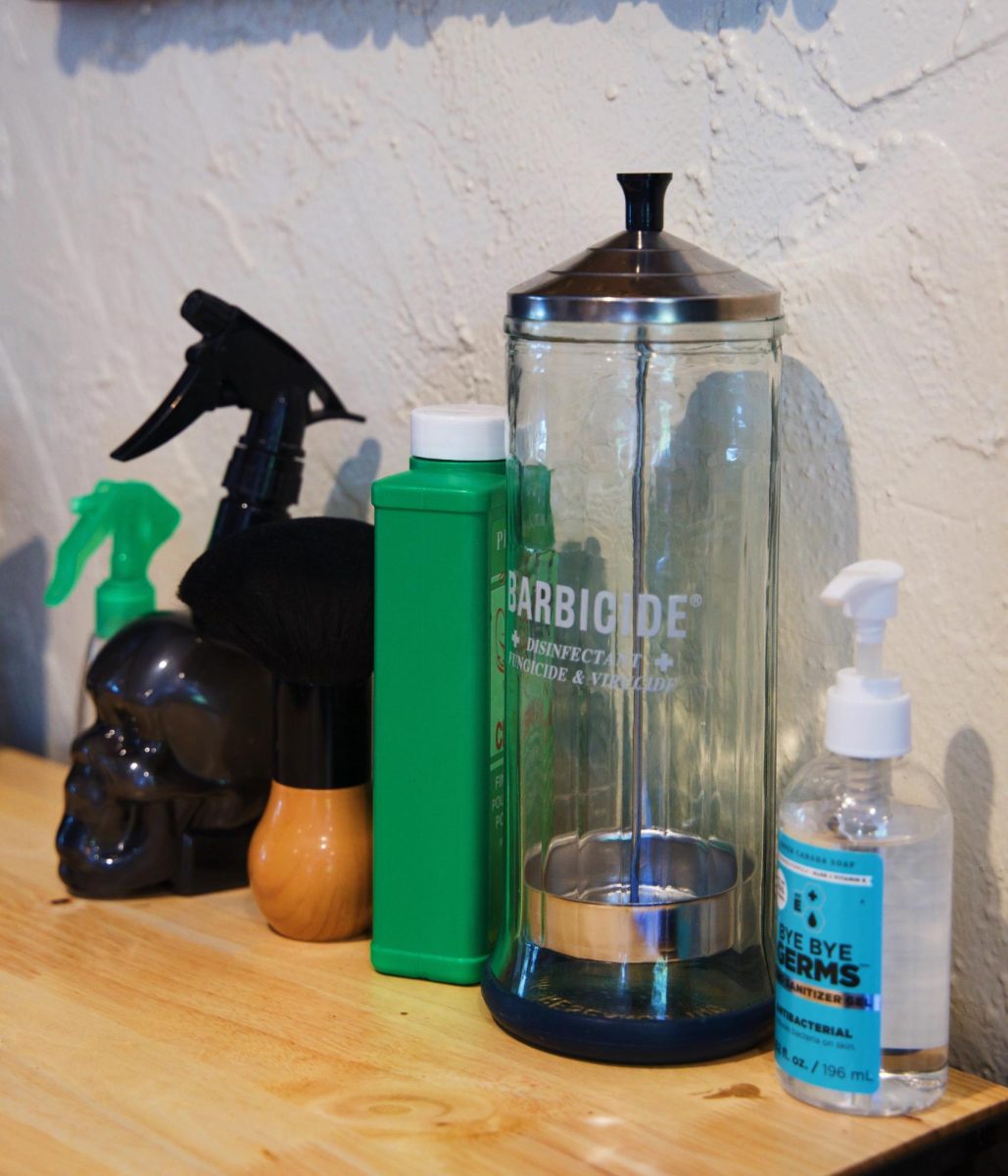
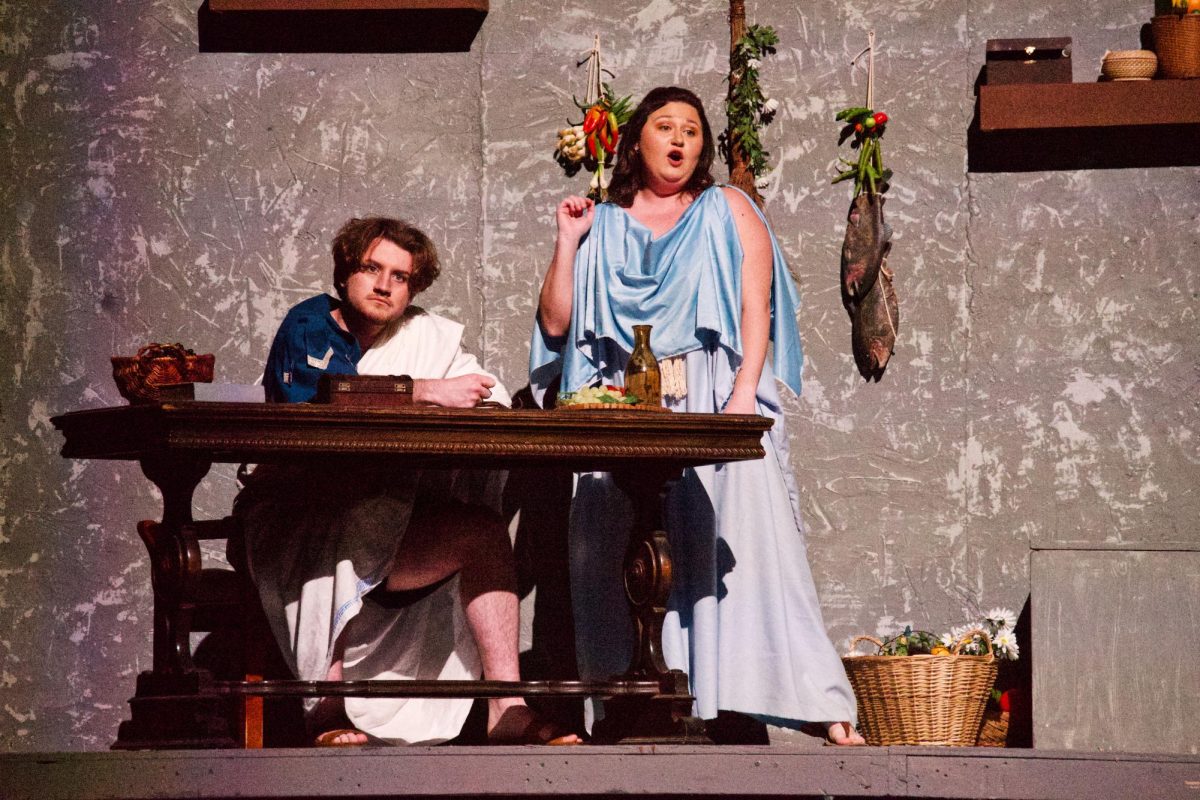
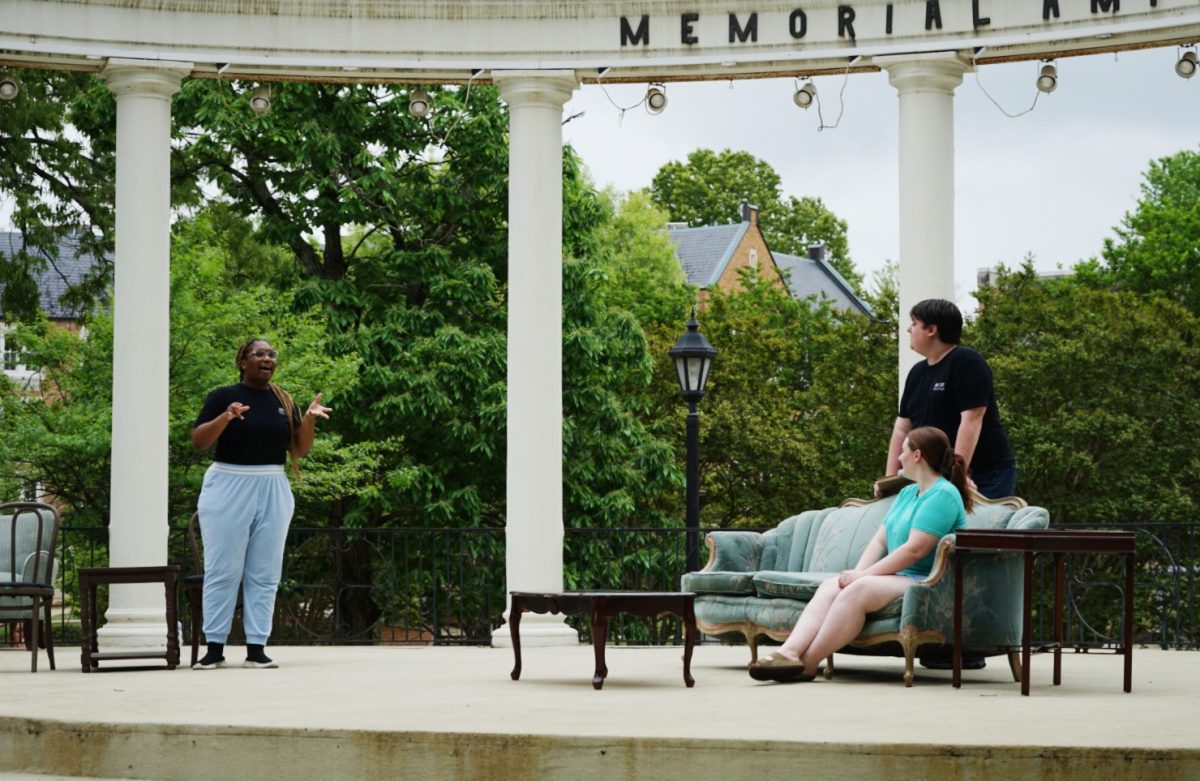
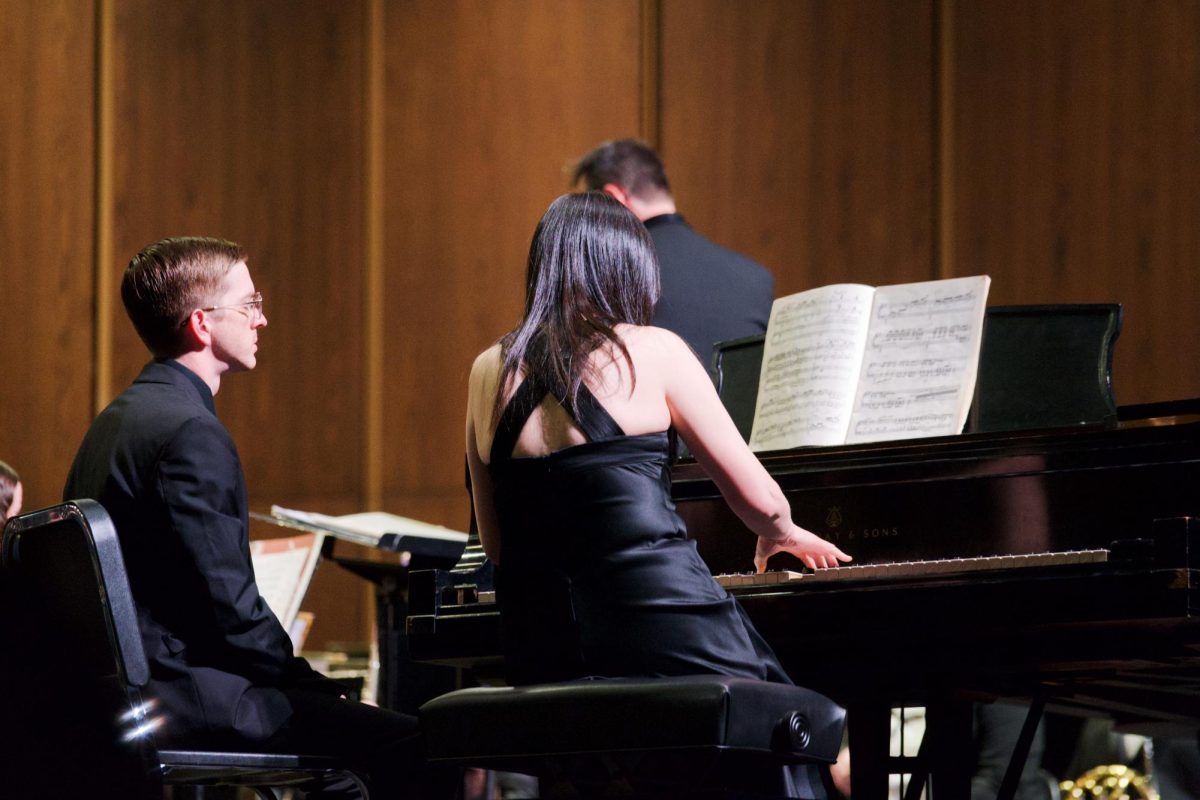
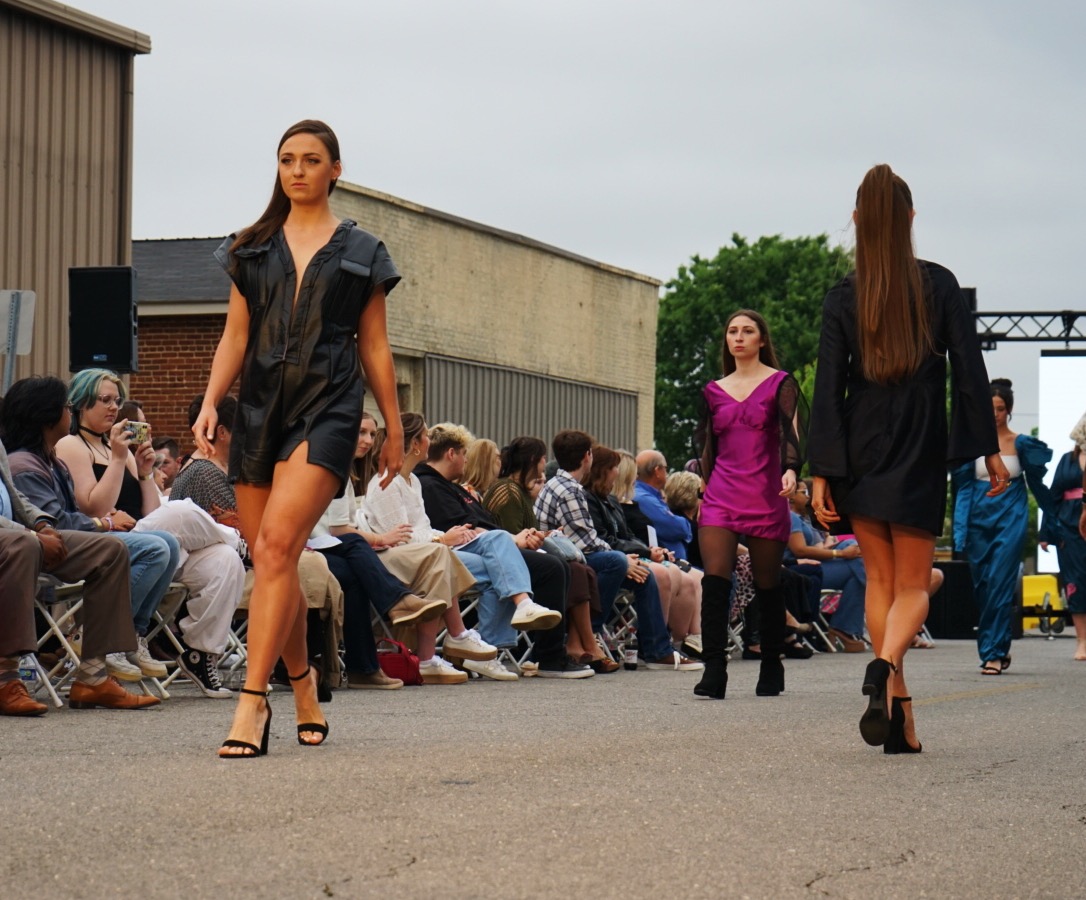
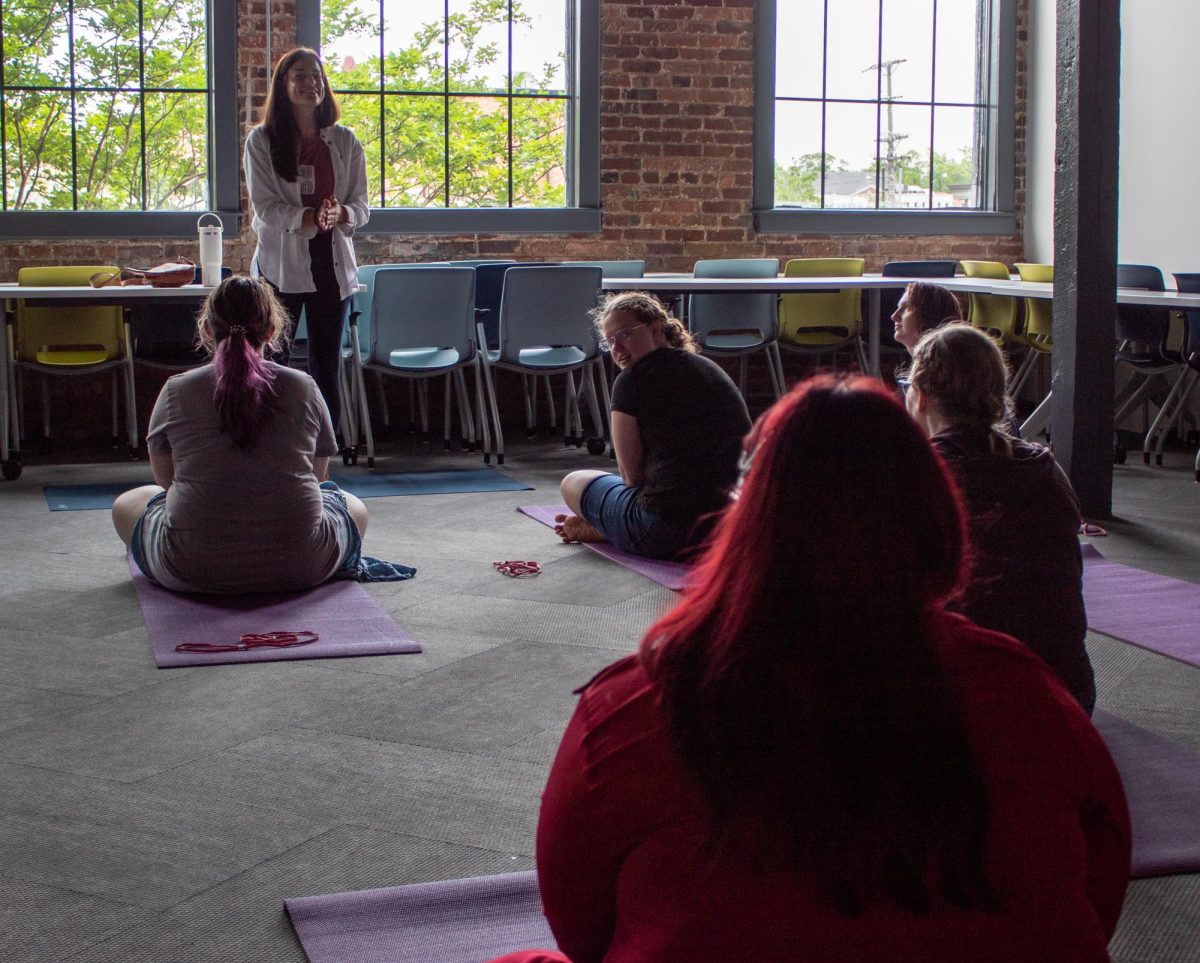
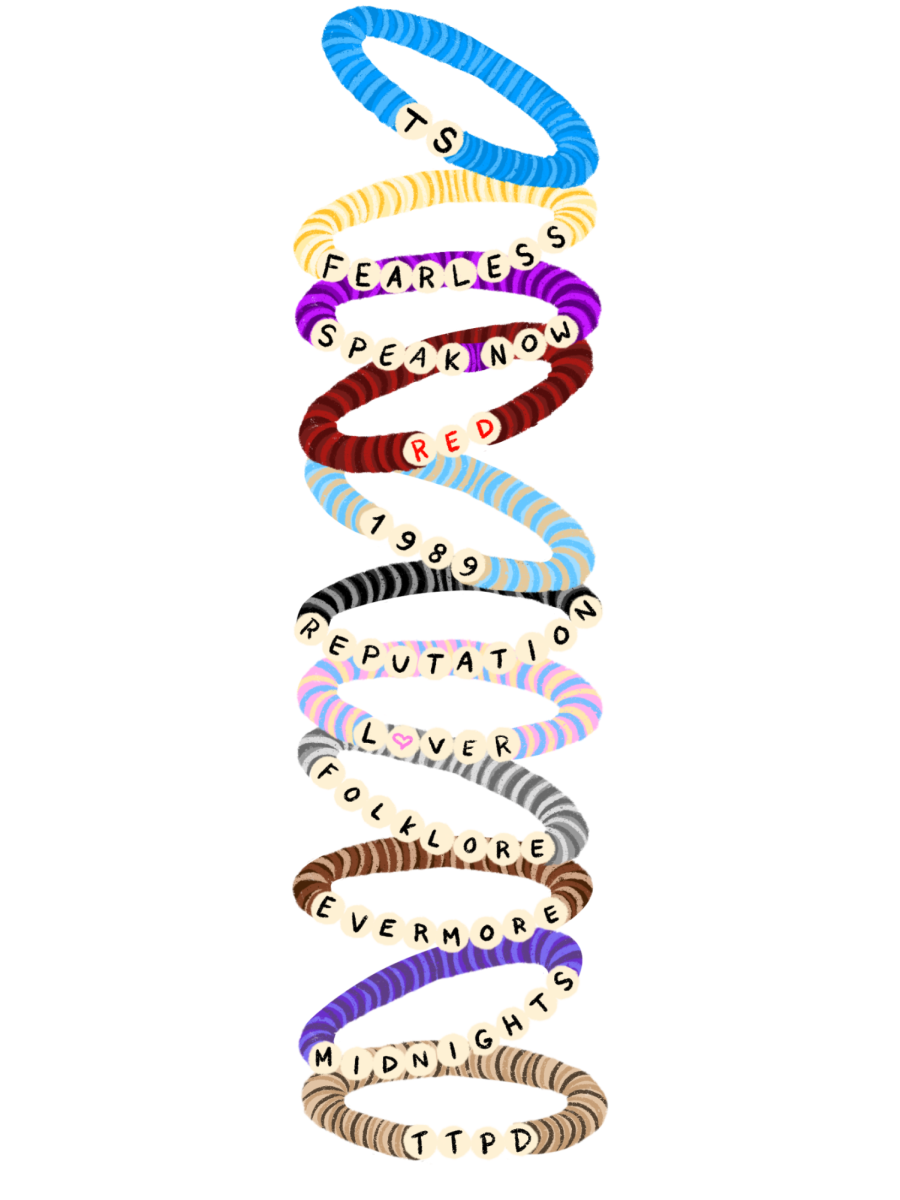
![Caleb Crumpton [COURTESY OF UNA SGA]](https://theflorala.com/wp-content/uploads/2024/07/caleb-crumpton-courtesy-of-SGA-850x1200.jpg)


